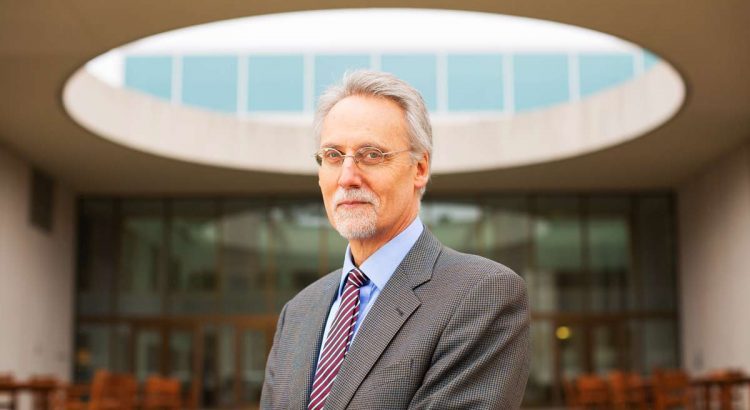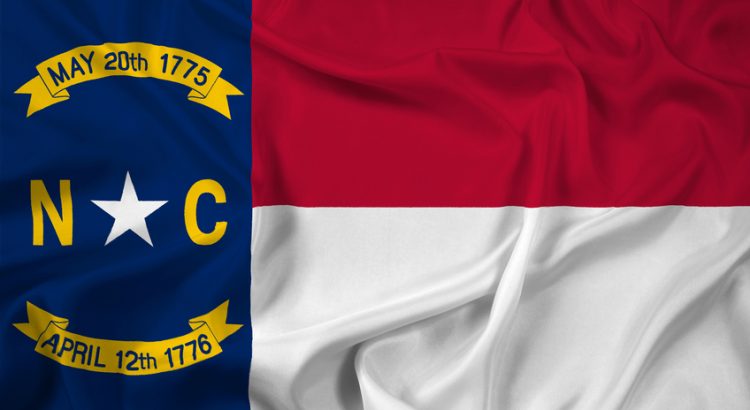A new study from the Fuqua School of Business found that legislatures where more lawmakers have ties to in-state colleges and universities provide more funding to those public institutions. “While we can’t show that adding another University of North Carolina graduate to the North Carolina General Assembly is going to result in higher funding, it does make you question whether universities should be more actively encouraging their graduates to run for public office and advocate for public education if they believe that will benefit their lives,” says Aaron Chatterji, a report author and associate professor of business and public policy.
Read More at Inside Higher EdCategory: Education

Duke Engineering Dean Discusses Confronting, Overcoming Biases
Duke’s Pratt School of Engineering Dean Ravi Bellamkonda explains why diverse university settings can be an important catalyst in helping society confront and overcome biases. He says we have perceptions of what “other” is – Africa, Asia, gay, straight, etc. “These perceptions are fueled, increasingly, in bubbles in social media and reinforce any bias you have. But there’s no better way to take these on, to actually meet someone (than when you are) at a global university like Duke,” he says.
Watch on Duke Today
Language and Cultural Studies Contribute to National Security — Really
“As the Trump administration promotes its recommendations for upgrading the U.S. military, it is essential that Congress and the executive branch not sacrifice other programs which contribute to our national security. For example, language and culture programs administered by the Department of Education, known as Title VI centers, are among the most important, cost-effective and vulnerable in the current political environment,” writes Patrick Duddy, a former ambassador to Venezuela now director of Duke University’s Center for Latin American and Caribbean Studies.

Engineering Dean On Immigration Policy, Attracting The Best Minds
To ensure the brightest minds are tackling the world’s biggest problems, Duke’s Pratt School of Engineering Dean Ravi Bellamkonda explains why he feels U.S. immigration reform should not prevent foreign nationals from attending American universities. These students and faculty are an integral part of Duke Engineering’s work, which ranges from advancing quantum computing to designing new therapies for cancer and other diseases, he says. Tomorrow, in part 2 of the interview, Bellamkonda will discuss confronting and overcoming biases.
Watch on Duke Today
Cuts To EPA, NIH Budgets Would Hurt Local Economy
President Donald Trump’s proposed federal budget includes cuts to two federal agencies that could make a noticeable dent in the Triangle economy if it wins congressional approval. Dr. Nancy C. Andrews, dean of the School of Medicine, says in a statement she hopes Congress rejects any reduction of NIH funding and funding for other programs critical to people’s health and well-being. “Everywhere you turn, there is clear evidence of the impact of science and biomedical research on human lives,” she says.
Read More in The News & Observer
How to Use Trump’s Travel Ban at Business School
Politics can be a thorn in the side of companies and universities. Bill Boulding, dean of The Fuqua School of Business, thinks he can use it to build better leaders. “It’s not our job to take a political position on these decisions as a business school, and I’m not doing that on this particular issue,” Boulding says. “However, the political decisions that get made will affect your ability as a business leader to create great teams, to create a sense of belonging on those teams.”
Read More in Bloomberg
Guns in Schools Supporters Gain Traction
Donald Trump takes office today with House Republicans having already filed two proposals for gutting the 1990 Gun Free School Zones Act, which bars guns in and around schools while allowing states and localities to make exceptions for some firearms owners. “It certainly does seem like momentum is building,” says law professor Joseph Blocher, who writes on Second Amendment jurisprudence.
Read More in The Trace
A Principled Federal Role in Education
Donald Trump’s victory in the 2016 presidential election is widely viewed as a signal of change for the federal government’s role in society, including preschool through 12th-grade education. In a new paper, Helen F. Ladd, a professor of public policy and economics, and colleagues offer a set of principles to guide the federal role in education policy.
Read More in Brookings

